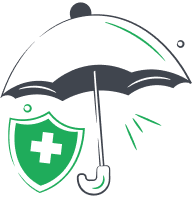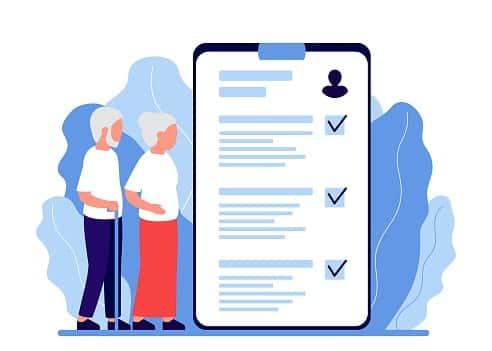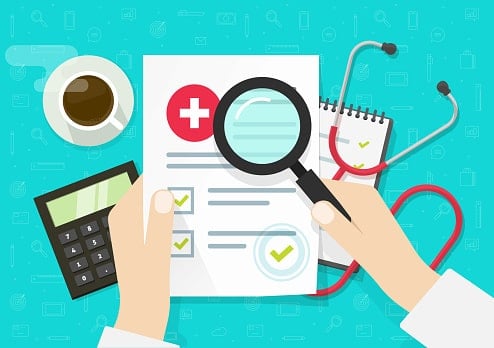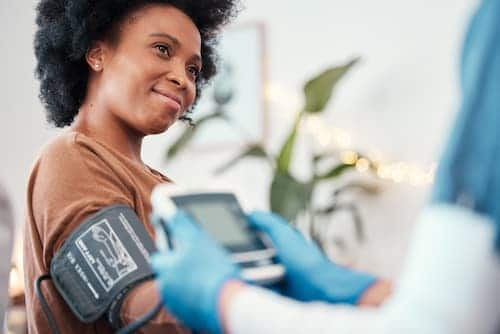Which pays first auto insurance or health insurance?
When there are injuries in a car accident, the medical bills get complicated in a hurry. The laws in your state and who is at fault for the accident will largely determine which insurance company pays.
As a general rule, auto insurance is the primary insurance for accident-related injuries. That means the auto insurance company pays first and health insurance pays any remaining bills.
However, which portion of your policy pays and how long that takes depends on the situation.
Does it matter who is at fault for the accident?
If you live in a no-fault state where you must carry personal injury protection (PIP), that coverage will be primary after a car accident. You’ll file the claim with your car insurance company directly. Your health insurance, in this case, would be secondary to the PIP coverage.
“In an at-fault accident, the only coverage for bodily injury afforded under your automobile policy that you would have is medical payments and PIP, if applicable. If you're not at fault, then you still need to see if medical payments and PIP, if applicable, is coverage that is on your automobile policy, as these coverages pay regardless of fault,” says Paul Moss, founder and CEO at HeyDriver,! an online insurance agency.
However, in a fault (tort) state, the fault in an accident does matter. If you’re at fault, neither your policy nor the other driver’s policy is responsible for your medical bills (unless you have chosen to add PIP or medical payments coverage as an option.)
The other driver’s liability insurance will be on the hook for your bills if you're not at fault. However, getting that money can take some time, as even determining fault can be a lengthy process.
“If you are not at fault, your health insurance will pay the upfront expenses and then subrogate (recoup) their payments from the auto insurance of the at-fault party's auto policy liability. You should always check with your automobile company to see if you have medical payments or PIP (if applicable) coverage, which pays out regardless of fault and can cover any copays or deductibles that may apply with your health insurance plan,” Moss says.
Who pays the medical bills if the other driver is uninsured?
If the other driver is at fault but doesn’t have insurance, there are a few options to pay for your injuries.
First, if you have PIP, it will pay regardless of fault. Second, if you have uninsured motorist coverage, you can look to that coverage to pay your bills.
If neither of those coverages is available, your health insurance will pay your bills. You may consider suing the at-fault driver, but unfortunately, drivers without insurance aren’t likely to have the means to pay a judgment. That leaves one of your insurance plans as the payee.
Does going to urgent care instead of the emergency room affect insurance?
You don’t have to go to the ER if you aren’t severely injured. However, there are a few things to remember when deciding between the emergency room or urgent care.
An emergency room can’t refuse to treat anyone in need of care, regardless of whether they have insurance. That’s true regardless of whether car or health insurance is expected to pay the bill.
Urgent care clinics, on the other hand, don’t have the same rules. While most will see you regardless, accident victims have been turned away. Why? The clinic either isn’t set up to bill a car insurance company, or the health system has rules against working with third-party insurance (car insurance is the third party in this case).
The clinic doesn’t want to wait for the car accident settlement to get paid for treating you. When this is the case, you may be sent to the emergency room even if your injuries don’t warrant it, resulting in a higher bill.
Health insurance finder tool

COBRA
Learn more about COBRA
How much is your annual household income?
How many members are in your household?
Medicare
Medicare costs vary depending on which option you choose.
Learn more about Medicare costs.
Medicaid

Parent's employer-sponsored health insurance

Spouse's employer-sponsored health insurance

Employer-sponsored health insurance

Preferred-provider Organization (PPOs)
Preferred-provider organization (PPOs) plans are the most common type of
employer-based health plan. PPOs have higher premiums than HMOs and HDHPs, but
those added costs offer you flexibility. A PPO allows you to get care anywhere
and without primary care provider referrals. You may have to pay more to get
out-of-network care, but a PPO will pick up a portion of the costs.
Find out more about the differences between plansHealth maintenance organization (HMO)
Health maintenance organization (HMO) plans have lower premiums than PPOs.
However, HMOs have more restrictions. HMOs don't allow you to get care outside
of your provider network. If you get out-of-network care, you'll likely have to
pay for all of it. HMOs also require you to get primary care provider referrals
to see specialists.
Find out more about the differences between plansHigh-deductible health plans (HDHPs)
High-deductible health plans (HDHPs) have become more common as employers look
to reduce their health costs. HDHPs have lower premiums than PPOs and HMOs, but
much higher deductibles. A deductible is what you have to pay for health care
services before your health plan chips in money. Once you reach your deductible,
the health plan pays a portion and you pay your share, which is called
coinsurance.
Find out more about the differences between plansExclusive provider organization (EPO)
Exclusive provider organization (EPO) plans offer the flexibility of a PPO with
the restricted network found in an HMO. EPOs don't require that members get a
referral to see a specialist. In that way, it's similar to a PPO. However, an
EPO requires in-network care, which is like an HMO.
Find out more about the differences between plans
Learn more about individual insurance plans
How can you get help with insurance billing after an accident?
Depending on the situation, you may reach out to several sources of assistance to deal with accident bills. First, if you have an insurance agent, you can start there to get questions answered. Your insurance adjuster can also help.
If you get your health insurance through work, you may have someone in HR who can help you make sense of bills and speak with the insurance company on your behalf. To get help dealing with uncooperative car insurance companies, you can contact your state’s insurance department.
Finally, you may need to hire a lawyer, especially if there are questions of fault or when there are a lot of medical bills that may exceed an at-fault driver’s limits.












